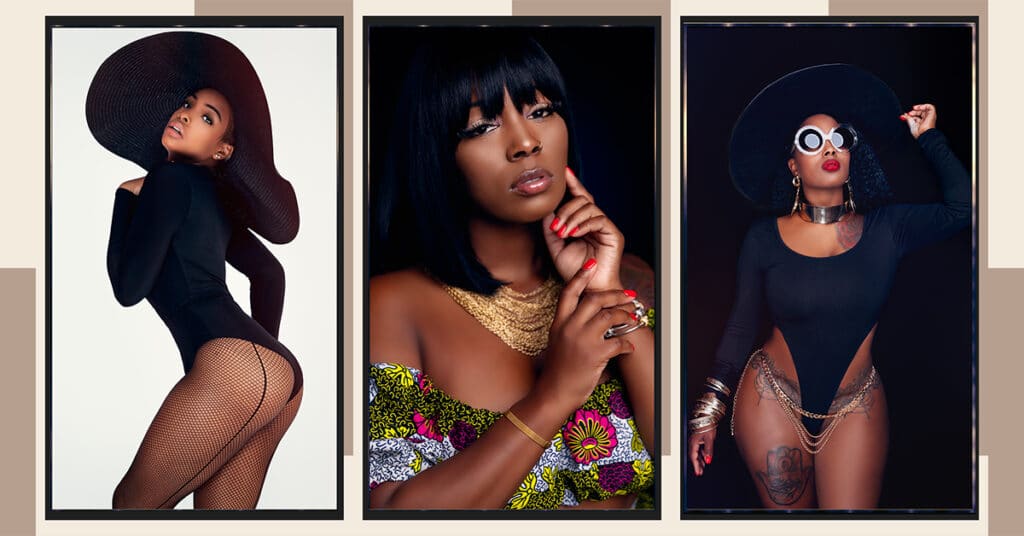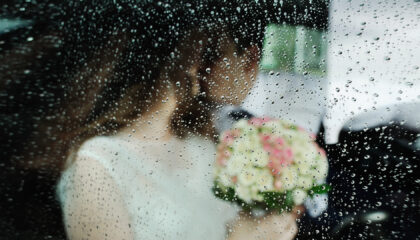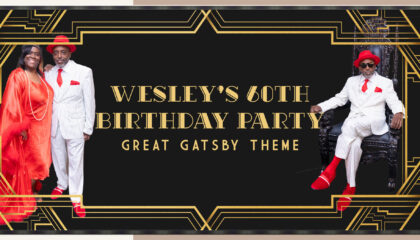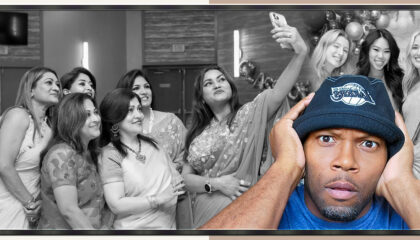Questions You Should Ask A Photographer Before Booking
BY DEWWOND MAPP /MONDAY, 30 MAY 2022 / PUBLISHED IN BLOG, PHOTOGRAPHY
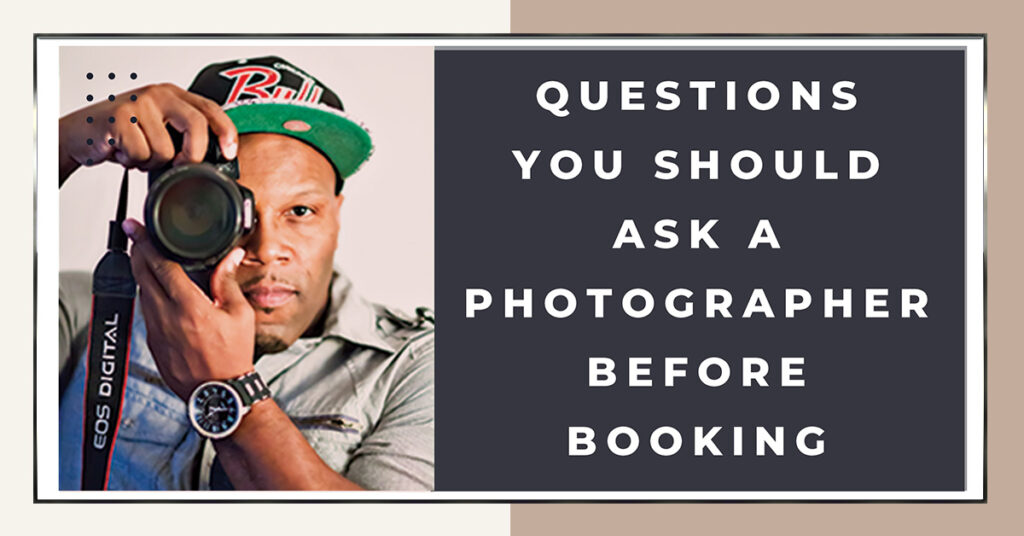
As a photographer, I’ve been fortunate to work for and with many people, groups, and organizations. The experience to date has been nothing short of an amazing ride. However, that ride definitely has had its bumps in the road. What I mean is, there’s this heightened level of anxiety… particularly with new clients. They often exhibit a subtle sense of uncertainty due to not totally knowing what to expect from their photographer. So, after having numerous, similar experiences with my clients, I decided to provide my audience with a solution. A solution that matters. Answers, to all the important questions every client needs to know. If you need to hire a photographer, what questions should you ask them? What questions will put your mind at ease?
I’ve developed a list of essential questions for photographers that I highly recommend you commit to memory. These are the types of questions that will give you the best, most useful advice, and they’ll also help you understand how the photographer approaches their own photography. That way, the next time you run into a photographer you admire or you simply engage with a photographer on a website or forum, you know how to come away with the most helpful information.
Let’s get started with my first question:


